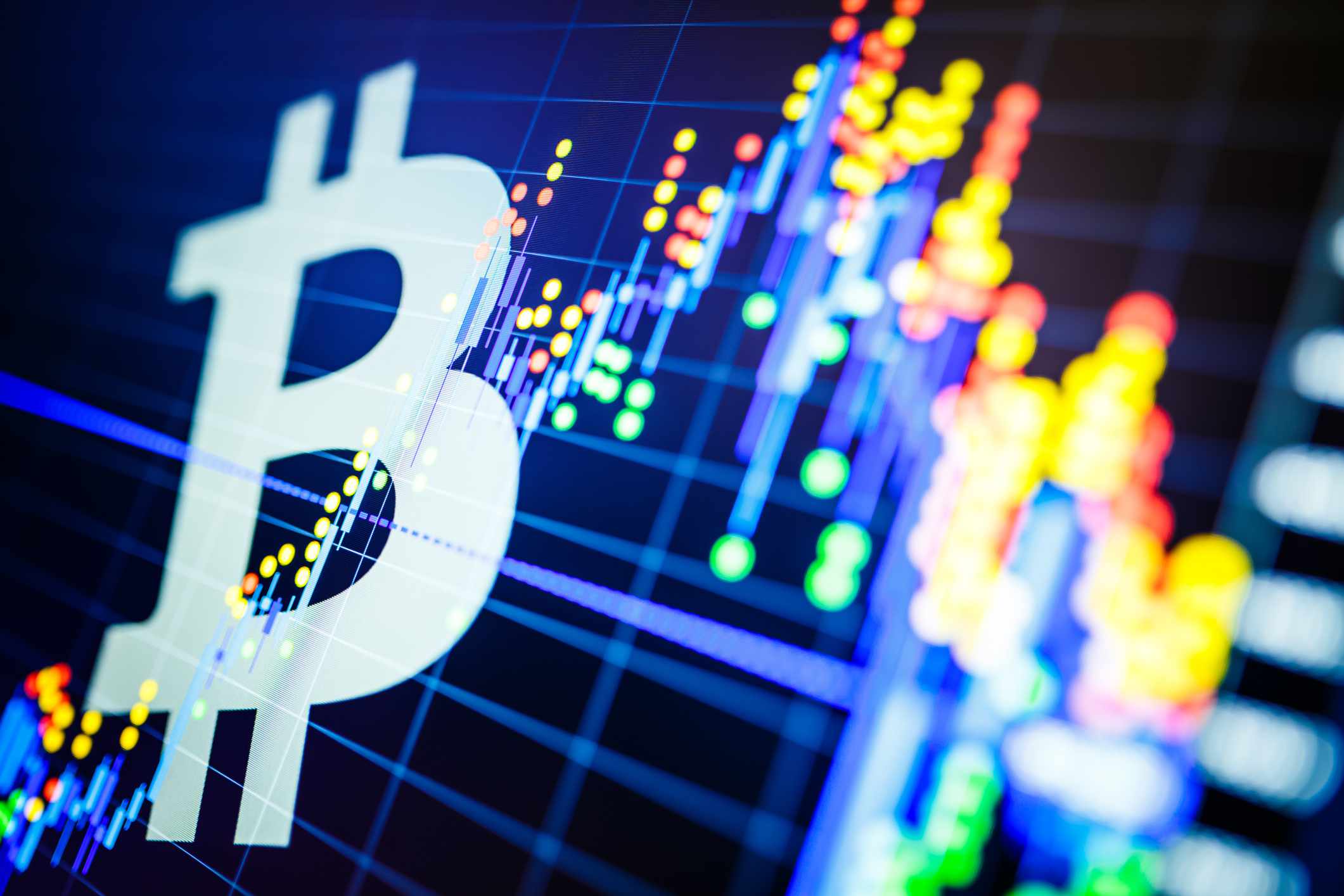
Top 10 crypto destinations in the world. Legal framework, established ecosystem, regulations and fees.
I.Introduction.
This article aims to define the top 10 hottest crypto destinations in the world by analyzing their existing regulations, focusing on specific features of the legal framework, and analyzing existing exemptions and taxes. I wrote this piece because more and more often my clients from the crypto industry ask me - where to invest, why there, what are the reasons, how to structure a business and a specific trading company, can we explore fees, tax breaks, etc. Here is an analytical and detailed structured answer to all these questions.
1.United States.
The United States has been a leader in cryptocurrency regulations, with the Securities and Exchange Commission (SEC) taking an active role in regulating the industry. The Internal Revenue Service (IRS) also considers cryptocurrencies as property for tax purposes.
Securities and Exchange Commission (SEC): The SEC has taken an active role in regulating initial coin offerings (ICOs) and cryptocurrencies that are considered securities. In 2019, the SEC issued guidance that clarified its position on when a cryptocurrency is considered a security and therefore subject to securities laws.